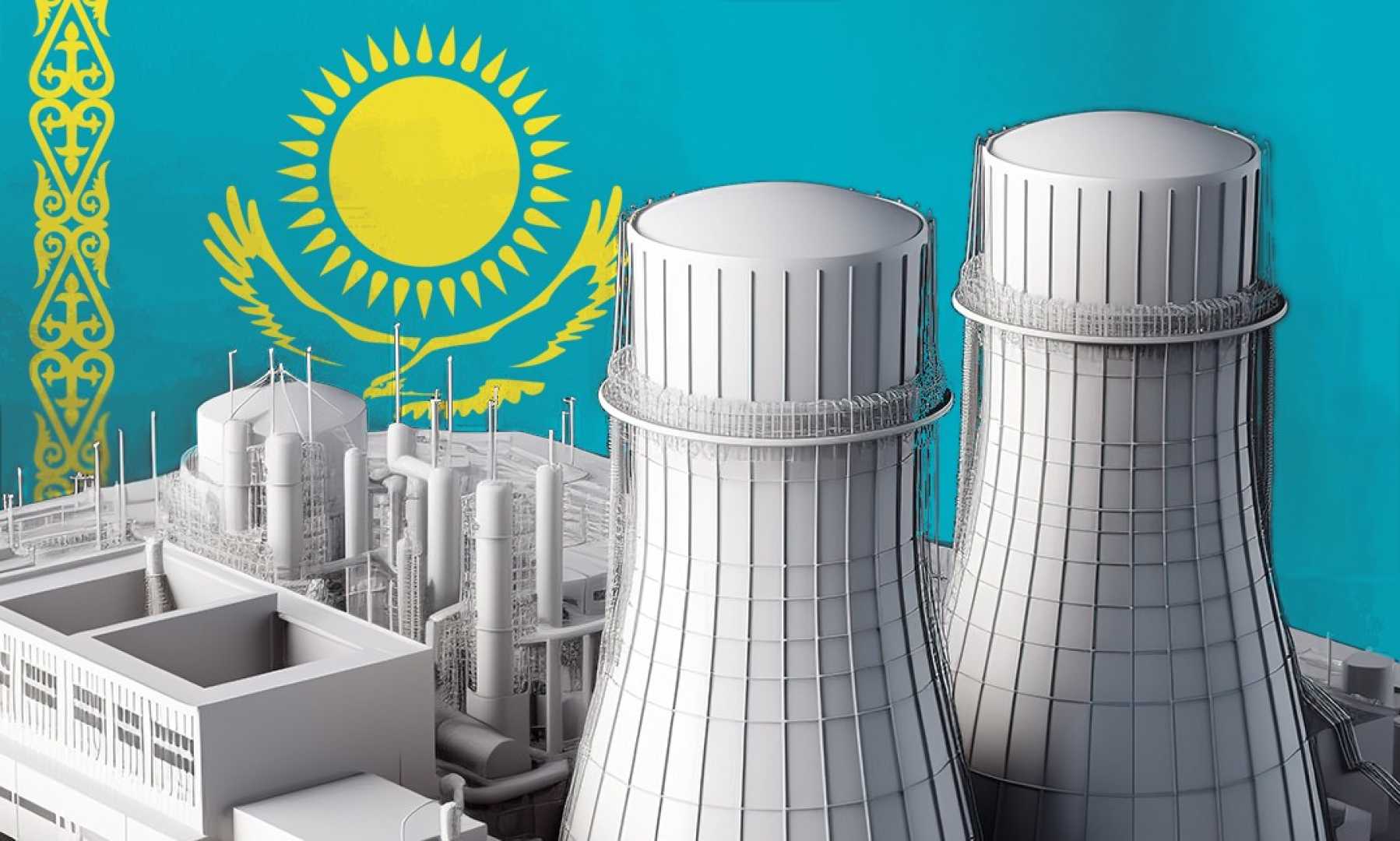News
Kazakhstan Holds Referendum on Building Nuclear Power Plant

On October 6, 2024, Kazakhstan held a referendum on the construction of its first nuclear power plant, with polling stations set up in places like the village of Ulken in the Almaty Region. The proposal, backed by President Kassym-Jomart Tokayev’s administration, aims to reduce reliance on coal and strengthen energy reliability through nuclear power. Initial responses from an exit poll conducted by SOCIS-A, a local polling agency, indicated that 69.8% of voters approved the nuclear plant proposal out of approximately 284,000 respondents.
Despite the governmental support, the plan has been met with significant criticism due to historical and environmental concerns. The legacy of Soviet-era nuclear testing, which left large areas of Kazakhstan uninhabitable and its citizens with lasting health effects, continues to spark fears within the country. Some also worry about potential Russian involvement in the project.
The Central Election Commission of Kazakhstan reported that by the closing of polls at 8 p.m. local time, nearly 64% of registered voters had cast their ballots, a figure sufficient to validate the voting process. Preliminary results are expected to be disclosed by the Commission on the following Monday.
In Ulken, identified as the potential site for the nuclear power plant near Lake Balkhash, opinions were divided. Dametken Shulgeyeva, a resident for over two decades, expressed her support, believing the plant represents “our future.” However, others in Ulken raised concerns about possible negative impacts on the water quality of Lake Balkhash.
Kazakhstan, with a population of 20 million, mainly relies on electricity generated from coal-powered plants. Although it possesses large reserves of natural gas and is a significant uranium producer, the country struggles to fulfill its domestic energy needs due to outdated infrastructure and currently imports electricity from Russia.
Advocates of the nuclear power plant argue that it would complement Kazakhstan’s renewable energy efforts and lower coal dependency. President Tokayev emphasized the strategic advantage, stating, “In order not to remain on the sidelines of global progress, we must use our competitive advantages.” However, he also remarked, “My personal vision on this matter is that an international consortium … would need to work in Kazakhstan … that possess the most advanced technologies.”
Critics suggest that expanding gas-powered energy plants could meet national energy needs without the risks associated with nuclear power. Amidst these debates, the financial implications also loom large, with the cabinet estimating the potential cost of the nuclear power facility between $10 billion and $12 billion.
Reporting on this event was conducted by Mariya Gordeyeva and Olzhas Auyezov, with editing contributions from Hugh Lawson and Barbara Lewis. The referendum represents a critical decision point for Kazakhstan as it weighs energy security against environmental, historical, and economic considerations.












